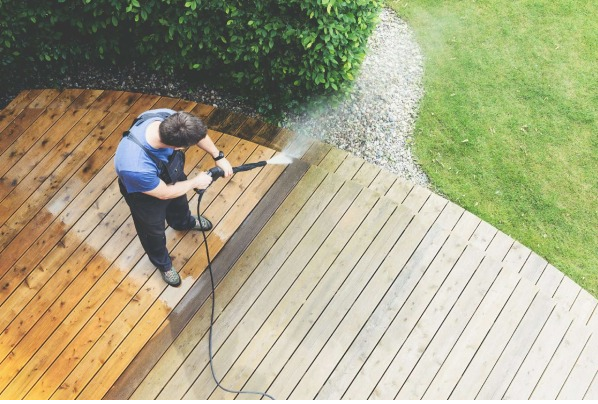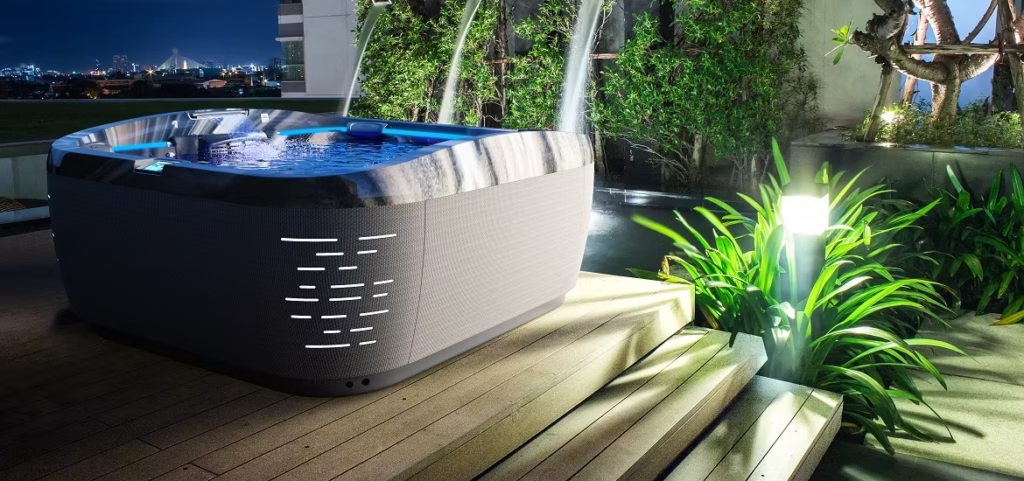Introduction
Pest control is more than just reacting to infestations; it’s about creating a barrier of protection that keeps unwanted guests from invading your home in the first place. Proactive pest management involves preventive measures, regular maintenance, and a keen eye for early warning signs. By adopting these strategies, homeowners can safeguard their living spaces, ensuring a healthier and more comfortable environment.
This article explores the best practices for proactive pest control, covering tips, techniques, and the importance of a professional approach.
1. Why Proactive Pest Control Matters
Preventing pests before they become a problem saves time, money, and stress.
- Health Benefits: Pests like cockroaches, rodents, and mosquitoes can carry diseases that pose serious health risks.
- Avoiding Structural Damage: Termites and rodents can weaken your home’s foundation, walls, and wiring if left unchecked.
- Preserving Comfort: No one wants the discomfort of dealing with pests in their living space.
Taking a proactive approach ensures your home remains a safe and pleasant environment.
2. Common Household Pests to Watch For
Understanding which pests are likely to invade your home helps you prepare effectively.
Insects
- Ants: Often attracted to food and water sources, ants can quickly infest kitchens and bathrooms.
- Cockroaches: Thrive in warm, humid environments and are known to spread bacteria.
- Termites: Cause significant damage by feeding on wood and other cellulose-based materials.
Rodents
- Mice and Rats: These pests contaminate food, damage property, and pose health risks through droppings and urine.
Mosquitoes
- Disease Vectors: Mosquitoes can spread illnesses like West Nile virus and dengue fever, making them a serious concern for homeowners.
Identifying these common pests early is the first step in maintaining control.
3. Practical Steps for Pest Prevention
Preventative pest control starts with maintaining a clean and sealed home.
Seal Entry Points
- Inspect doors, windows, and foundation cracks for gaps that pests can exploit.
- Use weather stripping, caulk, or mesh to seal openings.
Eliminate Attractants
- Food: Store food in airtight containers and clean up crumbs and spills immediately.
- Water: Fix leaks and eliminate standing water to deter pests like mosquitoes and cockroaches.
Declutter and Organize
- Remove piles of paper, cardboard, and debris where pests can hide.
- Keep storage areas tidy and elevate items off the floor.
Consistent maintenance minimizes the chances of attracting pests into your home.
4. Outdoor Maintenance for Pest Control
The exterior of your home plays a critical role in keeping pests at bay.
Lawn and Ornamental Care
- Trim Shrubs and Trees: Keep branches and foliage away from the house to reduce access points for pests.
- Remove Debris: Clear leaves, mulch, and other organic materials from the yard to eliminate nesting areas.
- Maintain Grass: Regularly mow the lawn to deter insects like mosquitoes from settling in tall grass.
Gutter Maintenance
- Clear gutters of leaves and debris to prevent water buildup, which can attract mosquitoes and termites.
A well-maintained yard creates a less inviting environment for pests.
5. The Importance of Regular Inspections
Routine inspections are essential for spotting issues before they escalate.
- Interior Inspections: Check baseboards, under sinks, and behind appliances for signs of droppings, damage, or nests.
- Exterior Inspections: Look for cracks, gaps, or other vulnerabilities in your home’s exterior.
- Termite Stations: Install and monitor termite stations to detect and control infestations early.
Partnering with professionals, like Pest Solutions Plus, ensures thorough inspections and peace of mind.
6. The Role of Professional Pest Control Services
While DIY efforts can be effective for minor issues, professional services provide comprehensive and long-lasting solutions.
Expert Knowledge
- Technicians understand pest behaviors and know how to target them effectively.
Advanced Tools
- Professionals use specialized equipment and treatments for pests like termites, rodents, and mosquitoes.
Customized Plans
- Tailored pest control programs address your home’s unique vulnerabilities and needs.
Working with a trusted provider ensures your pest control efforts are thorough and effective.
7. Eco-Friendly Pest Control Options
Sustainability is a growing concern for homeowners, and eco-friendly pest control solutions are becoming more popular.
- Natural Repellents: Use essential oils like peppermint, citronella, and eucalyptus to deter pests naturally.
- Biological Control: Introduce beneficial insects, like ladybugs, to control pest populations in your garden.
- Minimal Chemical Use: Opt for integrated pest management (IPM) strategies that prioritize non-chemical methods.
Eco-friendly options provide effective pest control while reducing environmental impact.
8. Preparing Your Home for Seasonal Changes
Different seasons bring different pest challenges. Preparing your home accordingly is key to maintaining control.
Spring and Summer
- Inspect for ants, mosquitoes, and termites as warm weather increases their activity.
- Use mosquito control methods like citronella candles and bug nets.
Fall and Winter
- Look out for rodents seeking warmth indoors during colder months.
- Seal entry points and set traps in areas prone to rodent activity.
Adjusting your pest control strategies with the seasons ensures year-round protection.
9. Long-Term Pest Management
Proactive pest control is an ongoing process that requires consistent effort.
- Schedule Regular Treatments: Professional pest control treatments maintain a protective barrier around your home.
- Educate Your Family: Teach household members to follow cleanliness and prevention practices.
- Monitor and Adjust: Stay vigilant and adapt your pest control strategies as needed.
A proactive approach keeps your home safe from infestations for the long term.
Conclusion
Proactive pest control is the best way to ensure a healthier, more comfortable living environment. By identifying risks early, maintaining a clean home, and enlisting professional help when needed, homeowners can stay ahead of pest problems.
For expert advice and comprehensive solutions, Pest Solutions Plus provides tailored pest control services designed to meet your needs. Take charge of your home’s protection today and enjoy the peace of mind that comes with a pest-free space.






